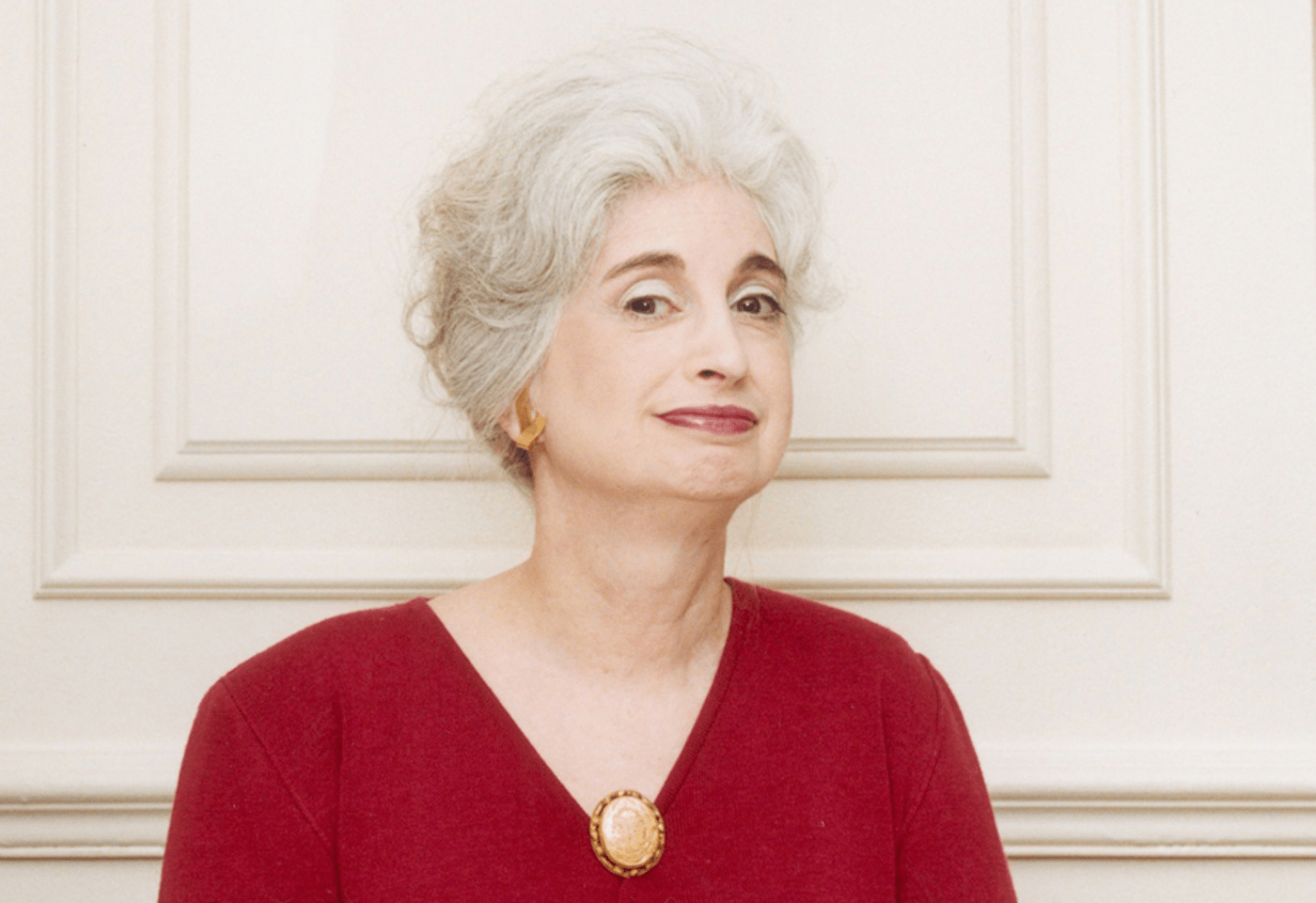URGENT UPDATE: A growing debate over social media etiquette is igniting discussions among friends and family, as individuals voice their discomfort about being photographed and posted online without consent. This controversy is gaining momentum, especially as more people seek to protect their privacy in an increasingly digital world.
In a recent column, renowned etiquette expert Miss Manners addressed the plight of an anonymous reader who expressed frustration over friends taking group photos during outings, which are then posted on Facebook. The reader, who prefers to remain off social media, received confused reactions when she stepped out of camera range, highlighting a clash of values in the age of instant sharing.
“Good manners would dictate… that you ask for permission before taking a photo,” Miss Manners noted, emphasizing that while this is not legally enforced in the United States, it remains a crucial aspect of respectful interaction. The advice to simply ignore the bewildered looks and request that friends remove any unauthorized photos has resonated with many who feel similarly uncomfortable in social settings.
Adding to the urgency, Miss Manners suggested a potential solution for those in similar predicaments: moving to Dubai, where taking someone’s photo without consent is mandatory. However, for most, the focus should be on nurturing respectful friendships and understanding boundaries within social contexts.
The column also tackled another pressing issue: the dilemma of receiving unsolicited alcoholic drinks at a pub. An anonymous reader reported that their favorite bartender often offered free alcohol shots despite knowing the reader does not drink. Miss Manners advised the reader to kindly request the bartender to stop, suggesting they could enjoy non-alcoholic beverages together instead. This guidance underscores the importance of clear communication and respect in social interactions.
Furthermore, Miss Manners tackled the workplace etiquette of interrupting during meetings. With some colleagues prone to long-winded speeches, the reader expressed frustration over the necessity to interrupt to keep discussions on track. Miss Manners offered practical advice, such as raising a hand to signal a desire to speak without directly cutting someone off. Additionally, scheduling follow-up meetings when necessary can help ensure that everyone is heard without disrupting the flow of conversation.
These discussions reveal a broader cultural shift towards valuing personal boundaries and effective communication in both social and professional environments. As more individuals advocate for their preferences, the etiquette surrounding photography and social interactions will continue to evolve.
The urgency of these matters reflects a significant change in how people view their presence in digital spaces and the importance of consent. As social media continues to shape our interactions, the conversations sparked by Miss Manners are likely to resonate with many, prompting ongoing dialogue about etiquette in modern society.
For more inquiries, readers can submit their questions to Miss Manners through her official channels, including her website at www.missmanners.com or via email at [email protected].






